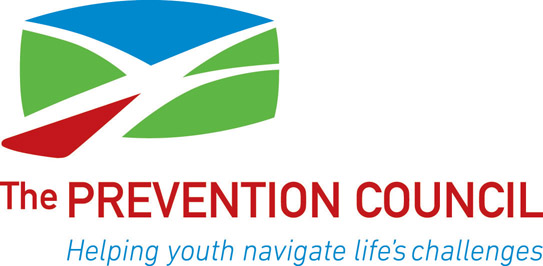Recovery group highlights health, strength of members
Recovery Advocacy in Saratoga aims to roll back stigma around addiction
January 6, 2016
Story By Claire Hughes
Featured in The Times Union
“I’m a person in long-term recovery.”
That phrase, or something like it, was heard over and over as a couple dozen members of the year-old group RAIS introduced themselves at a recent meeting at the Saratoga Springs Public Library.
By “recovery,” RAIS members mean they are staying free from the alcohol and drugs that once overran their lives. But you won’t hear them say this: “I’m Bill, and I’m an alcoholic” or “I’m Cindy, and I’m an addict.”
That’s by design, and one indication that Recovery Advocacy in Saratoga is different from a support group like Alcoholics Anonymous or Narcotics Anonymous.
For one, members choose language that highlights the healthy lives they lead rather than the disease of addiction they must manage every day.
For another, they are not withholding their identities, but breaking a tradition of silence.
“We need to speak louder, and we need to speak longer,” said Brian Farr, the group’s chairperson.
The impetus to launch RAIS was the 2013 documentary “The Anonymous People,” which confronts the tradition of anonymity in addiction support groups. Filmmaker Greg Williams questions why he should be ashamed to tell people that he is managing the chronic disease of addiction.
The film advocates for a recovery movement that follows the model set three decades ago by AIDS activists who refused to quietly be denied treatment due to the stigma associated with their illness. Treatment of gay people improved once they spoke up, said Janine Stuchin, who participates in RAIS as executive director of the Saratoga Springs-based Prevention Council.
As a recovery community organization, RAIS is part of a growing movement to create a “culture of recovery” that permits people to speak about their disease so they can get help, Farr said. Their goal is not support but advocacy.
“This group is about action,” he said.
In the last year, RAIS has screened “The Anonymous People” and other recovery-themed movies at the library, held a candlelight vigil in Congress Park on National Overdose Awareness Day, traveled to Washington, D.C., for a rally to support the recovery movement, and brought together people involved in addiction and recovery issues.
Stuchin likens the environment they hope to create to support that exists for other chronic diseases, such as diabetes or heart conditions.
Public understanding of addiction as a chronic illness is another goal, Stuchin said. Like diabetics, addicts sometimes fall off their diet and exercise regimen and need help to get back on track, Stuchin pointed out. Addicts who relapse need a similar response.
“No one says this to a diabetic: ‘Oh my god, I can’t believe you can’t manage your diabetes,'” Stuchin said.
Not all members of RAIS are in recovery. Some have family members who have struggled with addiction, or, like Stuchin, represent service providers.
Among the group in mid-December were Maureen and Ken Provost of Saratoga Springs. The couple found their way to RAIS in May, after losing their 23-year-old son Dan to a heroin overdose in June 2014.
The Provosts knew of their son’s struggles, including challenges in getting treatment. Yet they were shocked by the overdose, which followed a period of sobriety. They did not cover up the cause of death at Dan’s funeral.
They like RAIS’ message of hope and acceptance, the idea that others could be helped if society were more open.
“We can’t let these deaths define their lives,” Maureen Provost said of her son and others. “They’re more than their addictions.”
